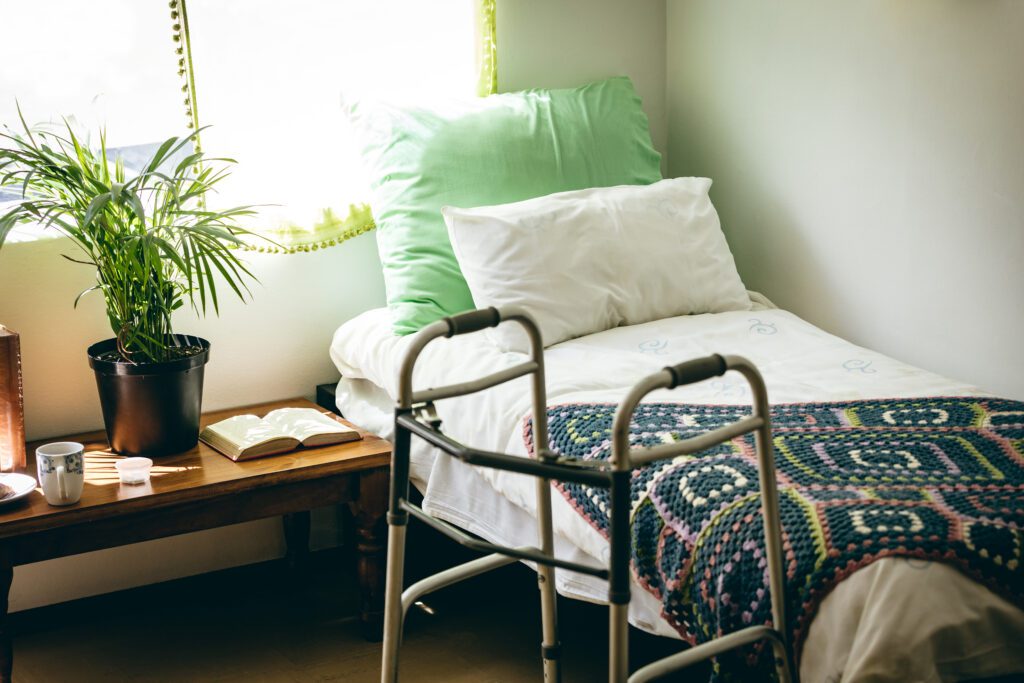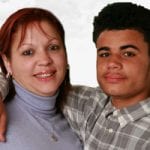Elder Abuse Lawyers in Philadelphia
Approximately 1 in 10 Americans over the age of 60 have experienced some form of elder abuse. Each year, an estimated 5 million elders are abused, but many cases go unreported. While underreported, it is not uncommon for elderly people to be physically, financially, emotionally and sexually abused in hospitals, nursing homes and even in their own homes. When patients are admitted to hospitals or nursing homes with an inability to move, communicate, or care for themselves, they can become especially vulnerable to abuse and neglect. Negligence by caregivers may result in the development of serious, life-threatening illnesses or lead to an untimely loss. If there are any signs of elder abuse or neglect in your loved ones, you need to act quickly.
At Gay Chacker & Ginsburg Trial Lawyers, our Philadelphia elder abuse attorneys will research your loved one’s situation thoroughly and help build a case to protect their rights.
We fight to get the fair compensation you and your relatives deserve. Contact us 215-567-7955 for a free consultation with elder abuse attorneys in Philadelphia near you.

The 7 Forms of Elder Abuse
Elder abuse can be physical, psychological, sexual, or financial. Exploitation and neglect are also considered forms of abuse.
Explore what each term means below:
Physical Abuse
Physical abuse can increase an elder’s risk of death by 300% and involves a caregiver inflicting physical pain or injury upon an older adult. This kind of abuse can include assault, battery, and the inappropriate use of restraints or physical force.
Sexual Abuse
If someone is unable to care for themselves, they cannot consent to sexual activity. Sexual abuse includes any touching, fondling, intercourse, or sexual interaction that occurs when the elder cannot understand or consent, or when they are threatened or subject to physical force.
Psychological/Emotional Abuse
This form of abuse is designed to make an older adult feel degraded and/or unsafe, drastically increases rates of depression, and inspires overall declines in mental and physical health. Psychological and emotional abuse include threats of abuse, harassment, intimidation, and verbal assaults (yelling and insults). Residents may also be isolated for reasons unrelated to their health and wellbeing.
Financial Abuse
Financial abuse or exploitation occurs when a caregiver uses an older adult’s resources inappropriately. Watch for significant withdrawals, sudden changes to an elder’s financial condition, or changes in wills and power of attorney.
Neglect
Whether it is done purposely or the result of inadequate staff, neglect is a form of elder abuse. Neglect happens when medication, medical care, assistance, and life necessities are withheld from an older adult. It can lead to malnutrition, dehydration, unsafe or unsanitary conditions, and serious complications.
Abandonment
Abandonment is when a person who has custody or has assumed responsibility for providing care to an elderly person purposefully decides to desert or abandon their duties permanently. The elderly victim may be left at a nursing home, hospital, or a public location.
Self-Neglect
This happens when an elderly person behaves in a way that threatens their own health or safety — they refuse to provide their own self with care or protection in terms of food, water, clothing, hygiene, medication, and living environment.
What Are Signs of Elder Abuse?
The best way to prevent elder abuse is with regular visits and personal involvement in your loved one’s care. Even if an elder is being cared for by another family member, you should still check in on their health and finances.
If an older adult is being abused or neglected, you should be able to identify the problem quickly. From there, our elder abuse attorneys in Philadelphia can help hold the appropriate parties responsible.
Signs of elder abuse include:
- Unexplained injuries, such as bruises, broken bones, pressure sores, cuts and abrasions, burns, and scars
- Bleeding or bruising around breasts, anus, or genitals
- Reports of drug overdose or failure to take prescriptions properly
- Broken eyeglasses or frames
- Torn, stained, or bloody clothing
- Withdrawal from normal activities
- Confusion
- Depression
- Substance abuse
- Frequent arguments with caregivers
- Rocking, sucking, or mumbling
- Unusual weight loss
- Untreated physical problems
- Unsanitary or unsafe living conditions
- Unsuitable clothing (elder is not dressed appropriately for the weather)
- Suspicious financial activity
- Missing items or money
- Unnecessary services, goods, or subscriptions
Whenever you visit your loved one, you should be aware of their appearance, mood, and surroundings. If you notice signs of elderly abuse, reach out to our experienced team of attorneys at Gay Chacker & Ginsburg Trial Lawyers in Philadelphia.
If anything seems off, please contact our elder abuse attorneys right away. To schedule your consultation, contact us at 215-567-7955 today. Our team is here to help you make things right.








